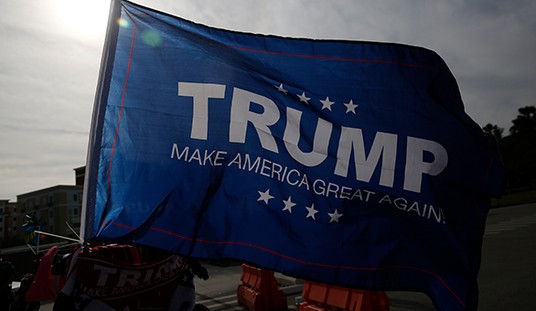Tariffs are more than just economic instruments; they are strategic tools in the hands of a master negotiator. No leader understood this better than President Donald J. Trump, whose America First agenda leveraged tariffs not only to bolster federal revenue and revitalize American manufacturing but also to secure advantageous trade deals during his first term in office. Trump’s approach demonstrated that tariffs are not merely taxes on imports—they are powerful levers in the art of negotiation.
As he starts his second term, it’s not surprising that he is quickly enacting tariffs once again against America’s competitors.
At their core, tariffs impose a tax on imported goods from America’s competitors, generating revenue directly into federal coffers. Unlike income taxes, which fluctuate based on employment rates and economic cycles, tariffs provide a consistent and predictable stream of revenue. Historically, before the establishment of the federal income tax in 1913, tariffs were the primary source of government funding in the United States. Trump sought to reinvigorate this revenue stream, alleviating fiscal pressures without burdening American workers with additional income taxes.
However, the true genius of Trump's tariff strategy lies in how he wielded them as negotiating tools. Trump understood that the threat of tariffs could bring foreign competitors to the bargaining table, eager to strike deals that would mitigate their financial losses. His tough stance on China is a case in point.
By imposing tariffs on billions of dollars' worth of Chinese goods, Trump pressured Beijing into the Phase One trade deal, securing commitments that directly benefited American farmers, manufacturers, and workers. This wasn’t an economic gamble; it was a calculated move, rooted in Trump’s deep understanding of leverage.
Tariffs can be strategically targeted to optimize revenue and negotiation outcomes. By focusing on high-demand goods and products from countries with significant trade surpluses with the U.S., tariffs maximize financial inflows while creating pressure points in trade discussions. Trump’s tariffs on luxury goods, electronics, and vehicles—sectors dominated by foreign manufacturers—not only generated substantial revenue but also provided bargaining chips in broader trade negotiations.
Recommended
Beyond their fiscal benefits, tariffs shape economic behavior. By making imported goods more expensive, tariffs create a competitive advantage for domestically produced products. This price shift incentivizes consumers to "buy American," directly supporting local manufacturers, small businesses, and American workers.
The resurgence of the American steel industry under Trump’s tariffs is a testament to this strategy. Domestic steel production flourished, jobs were created, and the industry regained a foothold it had been steadily losing to cheaper foreign imports.
Critics often argue that tariffs lead to higher prices for consumers and risk igniting trade wars. However, this overlooks the strategic intent behind their implementation. The goal isn’t to provoke but to negotiate from a position of strength. Trump’s tariffs were not ends in themselves but means to secure better deals.
History has shown that when the U.S. takes a firm stance on trade, it often leads to more favorable agreements. The mere threat of tariffs has, in numerous cases, compelled foreign partners to offer concessions that benefit American interests.
Furthermore, tariffs serve as tools of moral and strategic diplomacy. By imposing tariffs on goods from nations with poor labor practices, environmental standards, or human rights records, the U.S. can promote ethical practices globally while protecting American industries from unfair competition. Trump’s policies reflected a clear vision: American prosperity comes first.
The case for tariffs is clear. They are not relics of a bygone era but powerful instruments for modern economic strategy. Under President Trump’s leadership, tariffs became more than economic policy; they became a cornerstone of America’s negotiation arsenal. They generated substantial revenue, drove industrial growth, reinforced national sovereignty, and, most importantly, secured deals that put America first.
By prioritizing American-made products and reducing reliance on foreign goods, tariffs will help forge a stronger, more self-reliant, and prosperous United States. This is not just an economic imperative; it is a patriotic one, championed by President Donald Trump, the ultimate dealmaker.
Bob Rubin is the President of Rubin Wealth Advisors, www.rubinwa.com























Join the conversation as a VIP Member